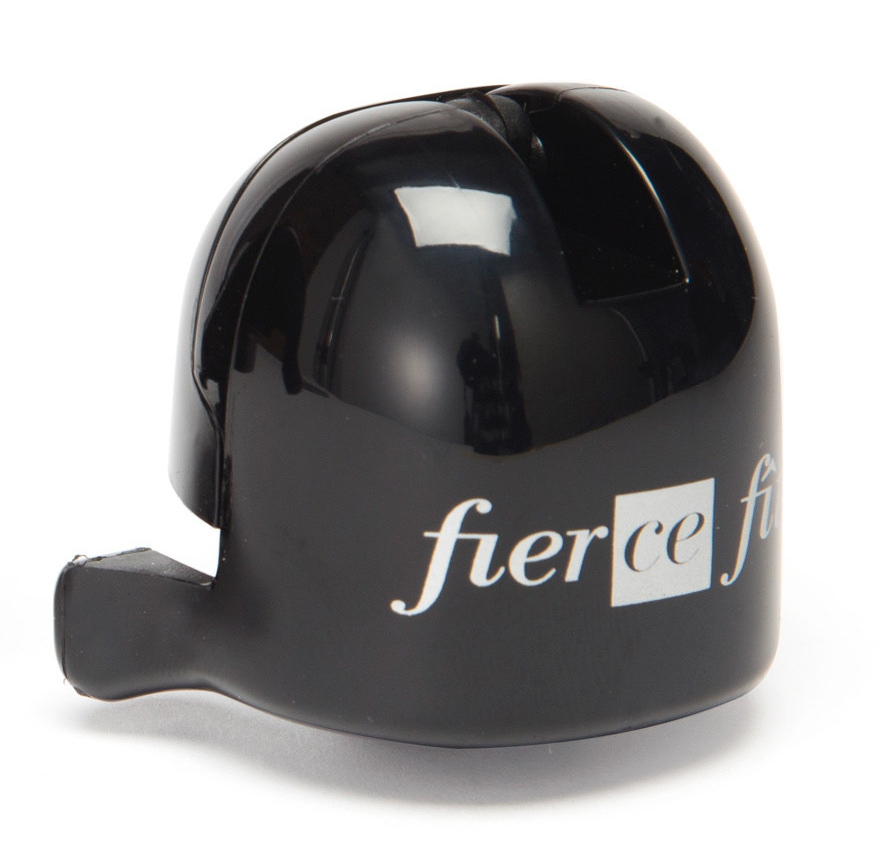The Meunier's wheel of aromas
The Meunier is one of the three main grape varieties used in Champagne production, alongside Chardonnay and Pinot Noir.
The Meunier is the key grape variety for the production of :
- Champagnes Blanc de Noirs: Champagnes made exclusively from black grape varieties, either Meunier alone or in combination with Pinot Noir.
- Champagnes Rosé, either by blending (adding red wine to the white wine) or by Saignée (leaving the skins in contact with the juice for a short period to extract the aromas and colour).
THE AROMAS OF THE MEUNIER DURING THE HARVEST
It is important to note that the aromas at this stage are often more subtle and less complex than those that develop after fermentation and ageing. They are primary, a pure expression of the fruit and terroir before any transformation by yeast or ageing. The climatic conditions of the year and the precise moment of harvest can also influence the aromatic profile of the grapes.
During the harvest, red fruit aromas dominate: cherry, strawberry and raspberry, accompanied by subtle nuances of black fruit such as blackberry and hints of green apple and pear. There are also notes of white flowers and herbs. On the mineral side, nuances of chalk typical of the Champagne terroir and notes of damp earth are also perceptible.
THE INFLUENCE OF TERROIR
The Champagne terroir, characterised by chalky and clayey soils rich in chalk, has a strong influence on Meunier, giving it a distinctive minerality. The temperate climate with annual variations affects the ripeness, acidity and aromas of the grapes. The exposure and altitude of the vines also play a crucial role in its aromatic development and ripeness.
THE MEUNIER'S WHEEL OF AROMAS
The aroma wheel is designed as a circle divided into different sections, each representing a category of aroma.
The Meunier is a grape variety that stands out for its flexibility and its ability to reflect the characteristics of its terroir. Depending on the region of Champagne where it is grown, and its age, Meunier's aromatic profile can vary considerably.
Here is an overview of the typical Meunier aromas that can be found depending on its terroir and age in the main Champagne regions:
1. Montagne de Reims :
Although the Montagne de Reims is best known for Pinot Noir, Meunier is also grown here. The terroir here is dominated by clay-limestone soils, which can give Meunier a distinct minerality. Wines from this region can have a solid structure and complex aromas.
- Young Wines: Aromas of white flowers, fresh fruit (apple, pear) and a certain freshness.
- Aged Wines: Notes of honey, candied fruit, sometimes hints of tobacco or leather.
2. La Vallée de la Marne:
This is the flagship region for Meunier in Champagne. The terroir is varied, with clay-limestone or marl soils and often a cooler microclimate. Meunier from this region is renowned for its roundness, pronounced fruity aromas and suppleness.
- Young wines: Red fruit (strawberry, cherry), apple, floral notes.
- Aged Wines: More complex aromas of brioche, dried fruit, and sometimes a touch of mushroom or undergrowth.
3. Côte des Blancs :
Mainly known for Chardonnay, the Côte des Blancs has fewer plantings of Meunier. The chalky terroir influences the aromatic profile of Meunier, giving it a certain finesse and elegance.
- Young Wines: A more mineral profile, with aromas of white-fleshed fruit.
- Aged Wines: Complexity with notes of dried fruit, brioche and a persistent minerality.
4. Côte des Bar :
Located further south, this region benefits from a slightly warmer climate. The soils are clay-limestone with a Kimmeridgian influence. The Meunier grape here can offer riper aromas and a certain richness on the palate.
- Young Wines: Notes of yellow fruit, sometimes with hints of citrus, with a pronounced minerality.
- Aged Wines: Aromas of hazelnut, toast, with increased complexity.
Each Champagne, depending on its terroir, blending and production method, will have a unique aromatic profile.
The aroma wheel is an excellent tool for all tasters.
WHY THE AROMA WHEEL?
Describing the aromas and flavours present in Champagne helps us to put a name to a specific smell or flavour so that we can then recognise and identify them more easily and be able to remember and compare the aromatic profiles of different Champagnes.
By identifying the aromatic nuances of a Champagne, we can better appreciate the complexity and richness of the wine and formulate precise food and wine pairings based on its characteristics.
If this aromatic adventure has inspired you to delve into the world of Champagne, I invite you to discover our selection.
Each bottle is the fruit of a passionate quest for perfection, where aromas play their part to perfection, combining tradition and innovation.
Don't wait any longer and let yourself be tempted by the ultimate experience: taste, savour and let each bubble tell you a story.
Click here to discover and buy our Champagnes.
Cin cin et à votre santé!

 My bag
My bag
 The Boutique
The Boutique
 Login
Login


